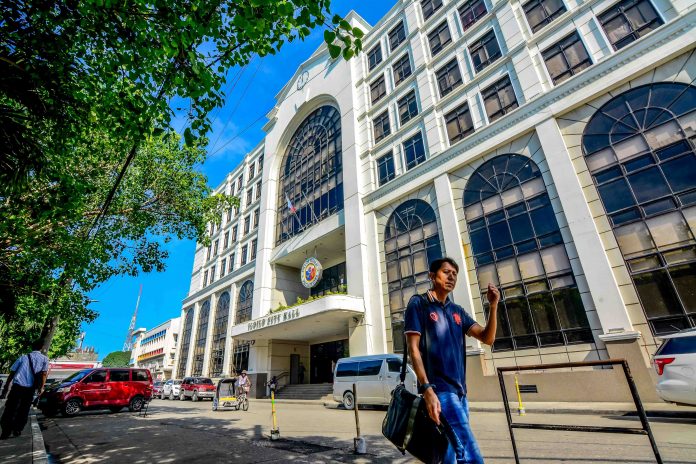
ILOILO City – How many businesses in this city operate without permits? Mayor Jerry Treñas wanted to know but the answer from the city government’s Business Permits and Licensing Office (BPLO) did not satisfy him. According to BPLO chief Norman Tabud, his office did not have enough logistics to determine which businesses were operating illegally.
This angered Treñas.
“Nag-create na ko gani task force para mabuligan sya,” stressed the mayor.
BPLO’s 2018 data showed that the business sector here was predominantly made up of microenterprises – around 90 percent of which had asset size of not more than P3 million.
The most prevalent type of businesses in the city were in wholesale trade and merchandising, followed by the food and beverage and hospitality sectors, with real estate and leasing coming in fourth.
It recently came to Treñas’ attention that a septic tank desludging company has long been operating without a business permit.
“If he (Tabud) cannot do it, he can resign,” said Treñas.
According to the mayor, if the BPLO needed more personnel and logistics like service vehicles, Tabud could always request from him.
“For a person holding that position to say they have no resources, he should resign. That should be his New Year’s resolution. If he cannot hack his job, he should quit,” said Treñas.
Businesses operating without permits are depriving the city government of much needed revenues.
Just last month, Treñas blasted Panay Electric Co. (PECO) after learning that the latter failed to renew its business permit for 2019.
PECO failed to pay its real property tax since 2016, thus the BPLO did not issue it a permit.
Treñas said his administration needed proactive department heads.
“Certain people should be creative in their jobs. They should not wait for me to tell them what to do,” said Treñas.
“Pero sa akon, ang mga tawo nga hopeless should resign. The city government will look for persons who are more proactive,” he stressed. “That applies even to me. If I cannot do my job I should resign.”
As the one issuing business permits, the BPLO is mandated to follow Republic Act 11032, or the Ease of Doing Business and Efficient Government Service Delivery Act of 2018.
The law mandates local government units (LGUs) to establish a business one-stop-shop (BOSS) for applicants of building permit, certificate of occupancy and business permit. It also prescribes the number of steps and days that should be complied with for the documents to be released.
In a previous interview, Tabud said LGUs were given three years to comply since the law took effect in July 2018.
He clarified that the city government has no problem when it comes to the registration stage because the business permit could be issued in 30 to 45 minutes once the documents are complete.
The problem occurs during the pre-registration stage where the client has to apply for registration, either at the Department of Trade and Industry or the Securities and Exchange Commission, fire safety inspection certificate from the Bureau of Fire Protection and building and occupancy permits from the City Engineer’s Office.
Republic Act 11032 mandates that documents for simple transactions must be released in three days and seven days for complex transactions. For those that need highly-technical decisions, the period required is not more than 20 days./PN





